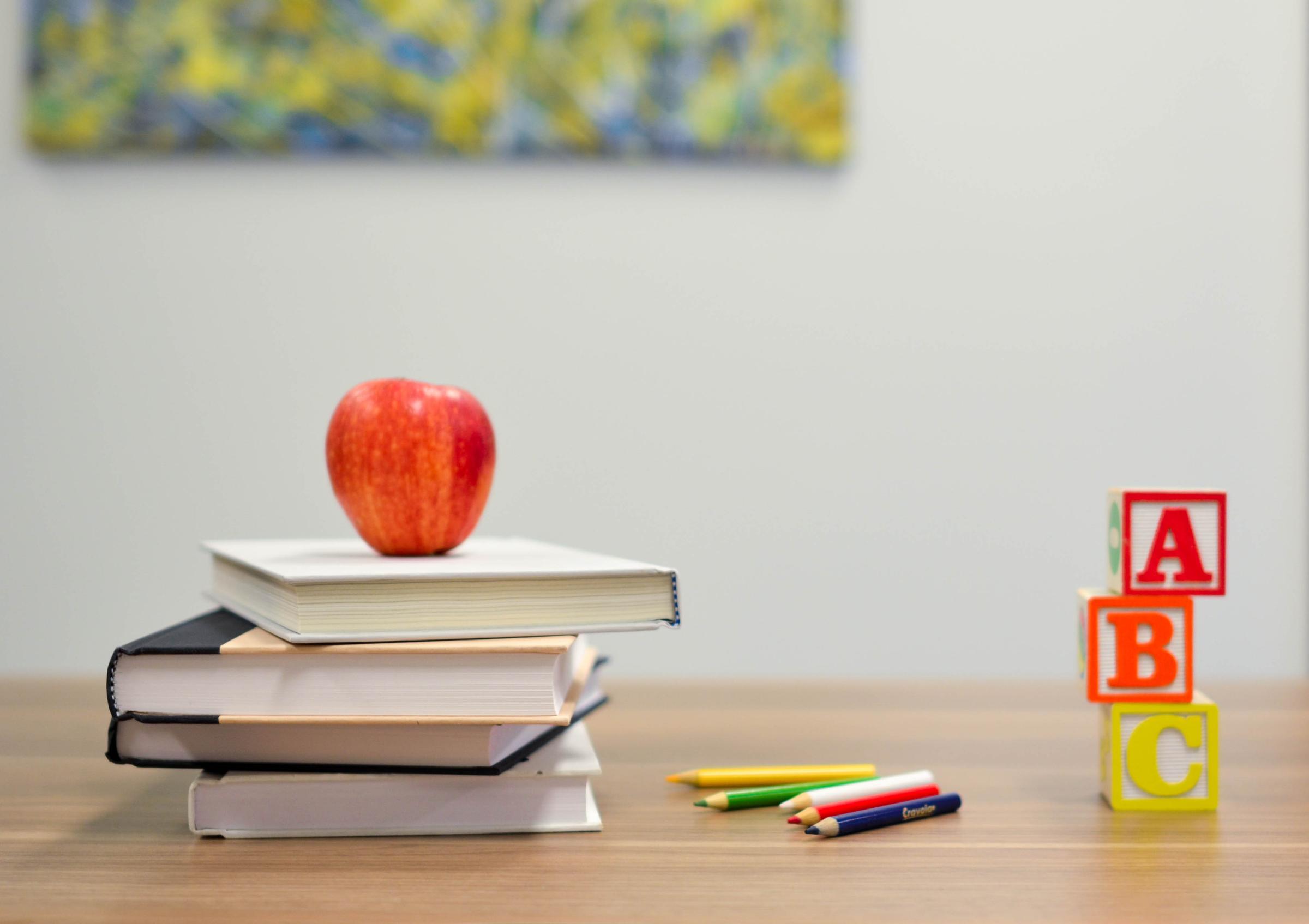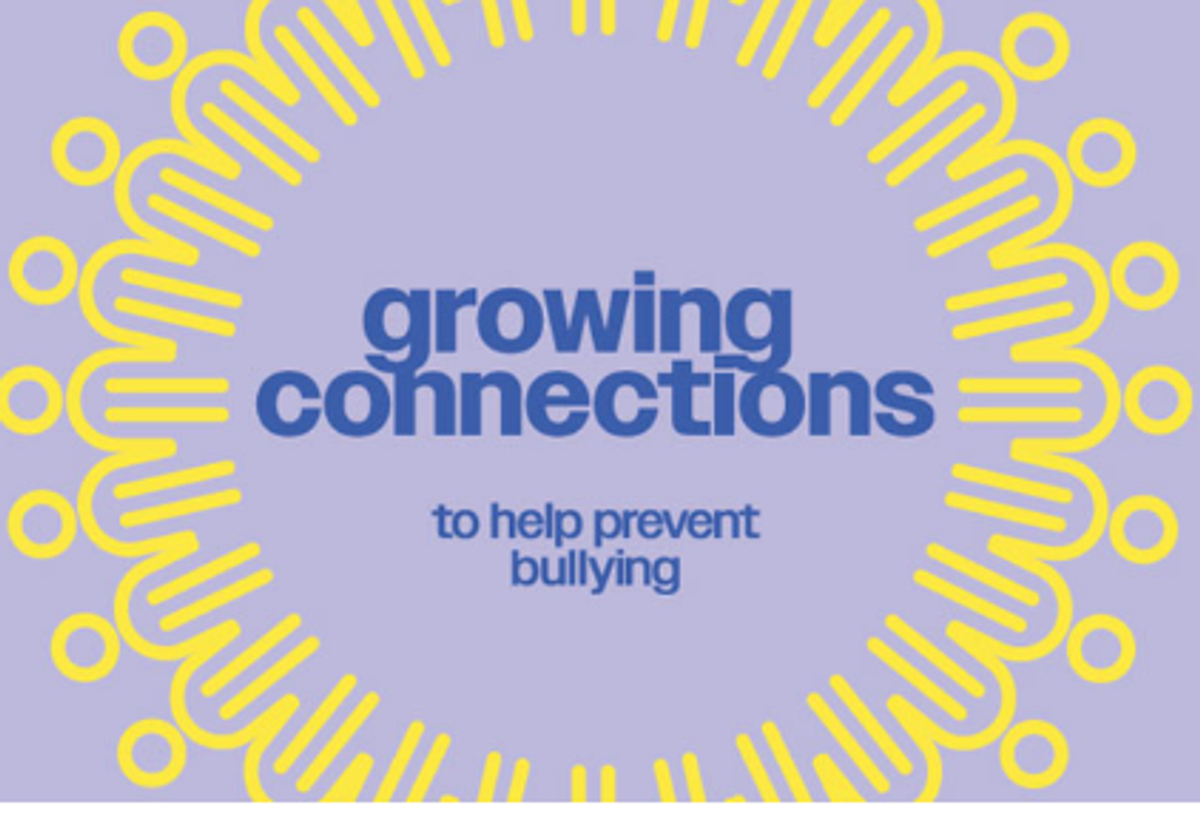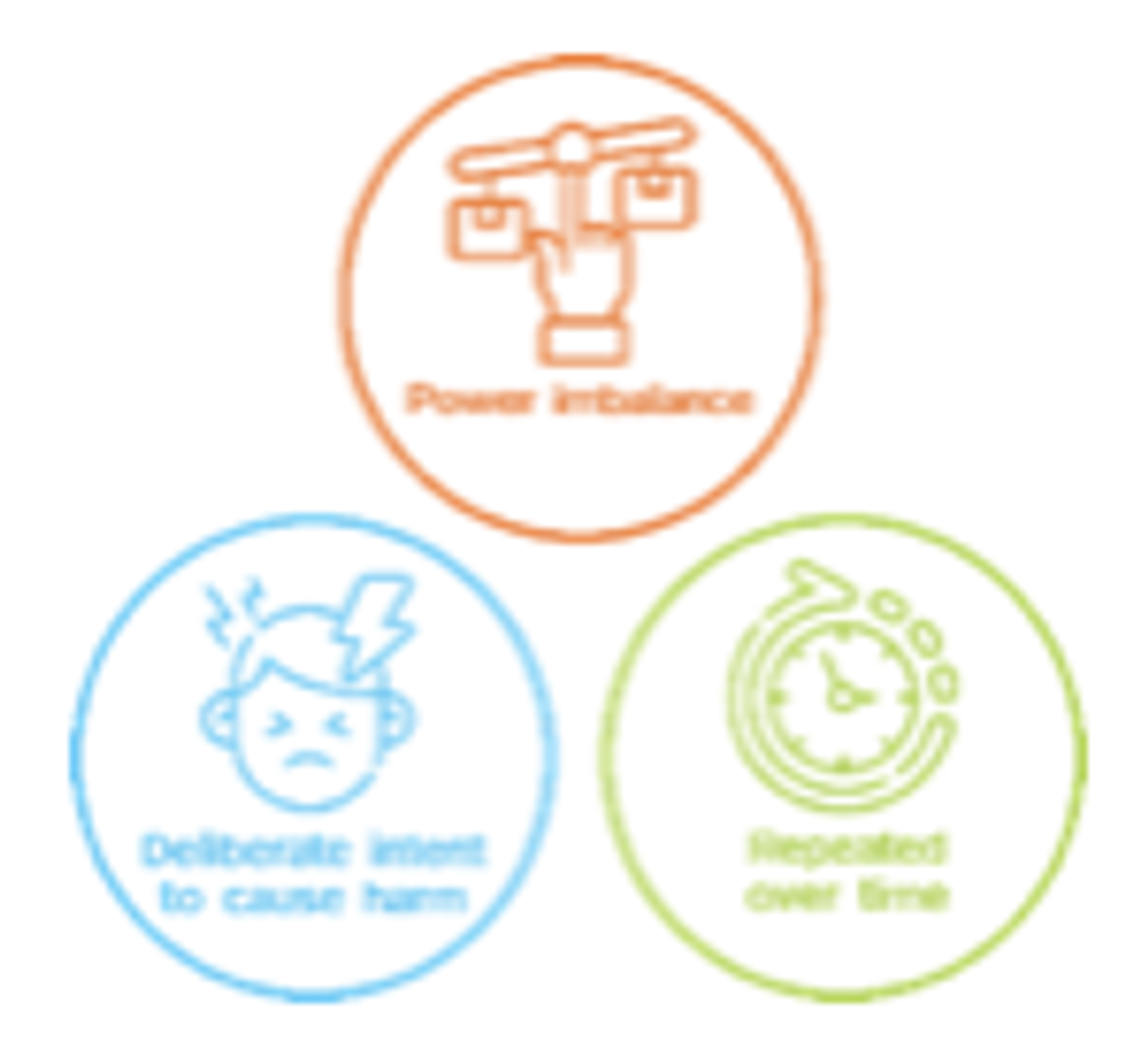Learning & Teaching News

National Day of Action against Bullying and Violence
Tomorrow, Friday 18 August, all students at OHR will be participating in the National Day of Action Against Bullying and Violence. This will be our seventh consecutive year participating in this nationwide event which aims to connect school communities to find workable solutions to prevent bullying.
Our involvement in this event supports the daily social emotional learning our students receive whilst bringing our school community together to help find solutions to address bullying and promote the message that ‘bullying and violence are not okay’.
The theme for the 2023 NDA is 'Growing Connections'. Along with an explicit social emotional learning lesson about bullying, students will demonstrate that we look out for each other by contributing to our whole school "Eyes" display, promoting inclusiveness, respect and community belonging for all students. Students will also discuss, sign and take home the OHR Student Pledge. You may like to use this opportunity to discuss the pledge as a family, and display this in a prominent area of your home.
Planning for a safe and supportive school community requires a whole-school community approach. Whole-school responses to bullying prevention build positive and supportive school environments by incorporating strategies for intervention at all levels, inclusive of students, teachers, parents and carers.
Three key characteristics outlined in the national definition of bullying distinguish bullying behaviours from other forms of peer aggression behaviours which do not constitute bullying. The key characteristics of bullying include:
- power imbalance
- deliberate intent to cause harm, and
- ongoing and repeated behaviour.
While the following behaviours of peer aggression do not constitute bullying, these behaviours may still be serious and require intervention at home and at school:
- arguments and disagreements (where there is no power imbalance)
- single acts of social rejection or meanness, or
- isolated incidents of aggression, intimidation or violence.
It is important for our entire school community, including our staff, parents, carers and students to have a clear understanding of the definition of bullying to be able to distinguish these behaviours from peer aggression, and correctly identify and respond to incidents of bullying.
The full national definition can be read here. If your child talks to you about bullying:
- Listen calmly and get the full story. Your calm response is important to allow your child to tell you all about the situation. After they’ve told you their story, ask questions to get more details if you need to: who, what, where, when. Although you may feel some strong emotions about your child’s experience, try to keep calm to avoid more distress to your child.
- Reassure your child they are not to blame. Many children blame themselves and this may make them feel even worse. You could say things like, ‘That sounds really hard to deal with. No one should have to put up with that.’ or ‘I’m so glad you told me. You should be able to feel safe at school; that’s not fair at all’.
- Ask your child what they want to do and what they want you to do. A critical part of your response is to avoid jumping in to solve the problem. While it is natural to want to protect your child, helping them to find their own solution is a better option. It helps them feel they have some power in the situation.
- Visit www.bullyingnoway.gov.au to find some strategies. The website has tips and ideas for different bullying situations. One idea is to practise strategies at home to help your child feel more confident.
- Contact the school. Your child may be reluctant for you to do this, so discuss the idea and reassure them that the school would want to know and is able to help. Make an appointment to meet with your child’s teacher and, if you need to, ask to talk with the principal. Contact the school immediately if you have a concern about your child’s safety.
- Check in regularly with your child. Keep the conversation going. It can take time to resolve issues, so check in regularly with your child about their experiences and their feelings. Your ongoing support is important.
Thank you for your support to make our school a great school for everyone.
Lisa Canty
Wellbeing Leader


